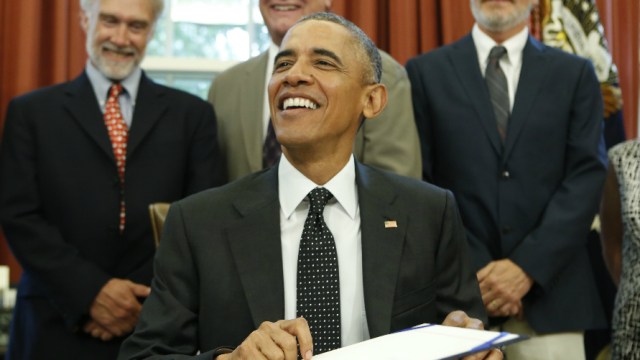A Simple Way to Use Psychology to Run Faster

Have you ever come up with an idea that you’ve never heard of before, that you think is so good and so simple, that you decide to turn it into an invention yourself, only to Google it and realise it’s been invented already. That’s how I felt when I stumbled upon research that shows that we will work out harder and faster, for longer, if we are listening to music that is in time with our step. This follows a long history of research that shows how listening to music with a faster beat makes us exercise with greater intensity.
Now, you don’t have to be a sports psychologist to know that fast music makes you want to run faster. But today, few of us have the time and inclination to manage our own music libraries, let alone sort them into beats per minute before curating them into a soundtrack that will comfortably fit the trajectory of a run or workout, although if you do want to do this manually, a simple way to do it is to run at a fast pace for 15 seconds, count the number of steps you take, and then multiply this number by four. This is the number of beats per minute you want in the songs in your playlist for when you’re going for a jog, if you’d like the music to feel in sync with your running pace.
I tried out a couple of apps that do this job for you, using the phone in your pocket to calculate your running speed on the fly. The DjRun app calculates the speed of all of the different songs in your music library and chooses which song to play while you are running, based on your pace at that point in time. This was my favourite of the apps I tried. The Rock My Run app came a close second, and used a slightly different approach, streaming music and modulating the speed of the music based on the speed of your running. Personally, I didn’t find this quite as enjoyable, as the music can sound a bit distorted if you’re running very fast or very slow. It was however, entertaining to play with, and I found it gives you a little bit of a kick of the backside to hear the music slow right down when you slow down yourself, and similarly, it can be fun to hear it speed up while you sprint at full pelt.
Both apps still feel a tad glitchy and gimmicky at the moment, but with some fine-tuning I imagine they’ve got massive potential. I should note that research has not yet been done on listening to music matched on the fly to the pace of running, which looks like a great study just waiting to happen. It does, however, seem reasonable to assume based on the evidence so far, that the technique could provide a useful psychological boost.
Image Credit: Porta Images/Getty





